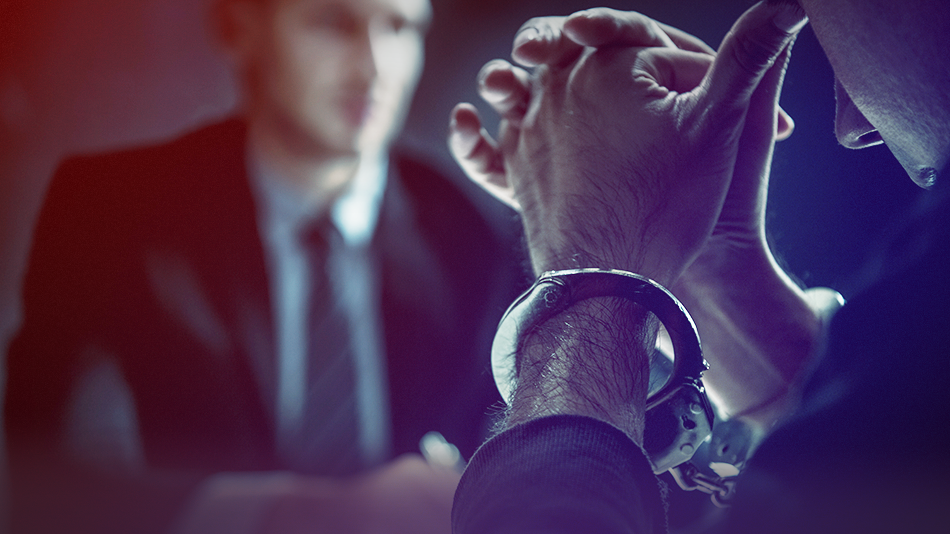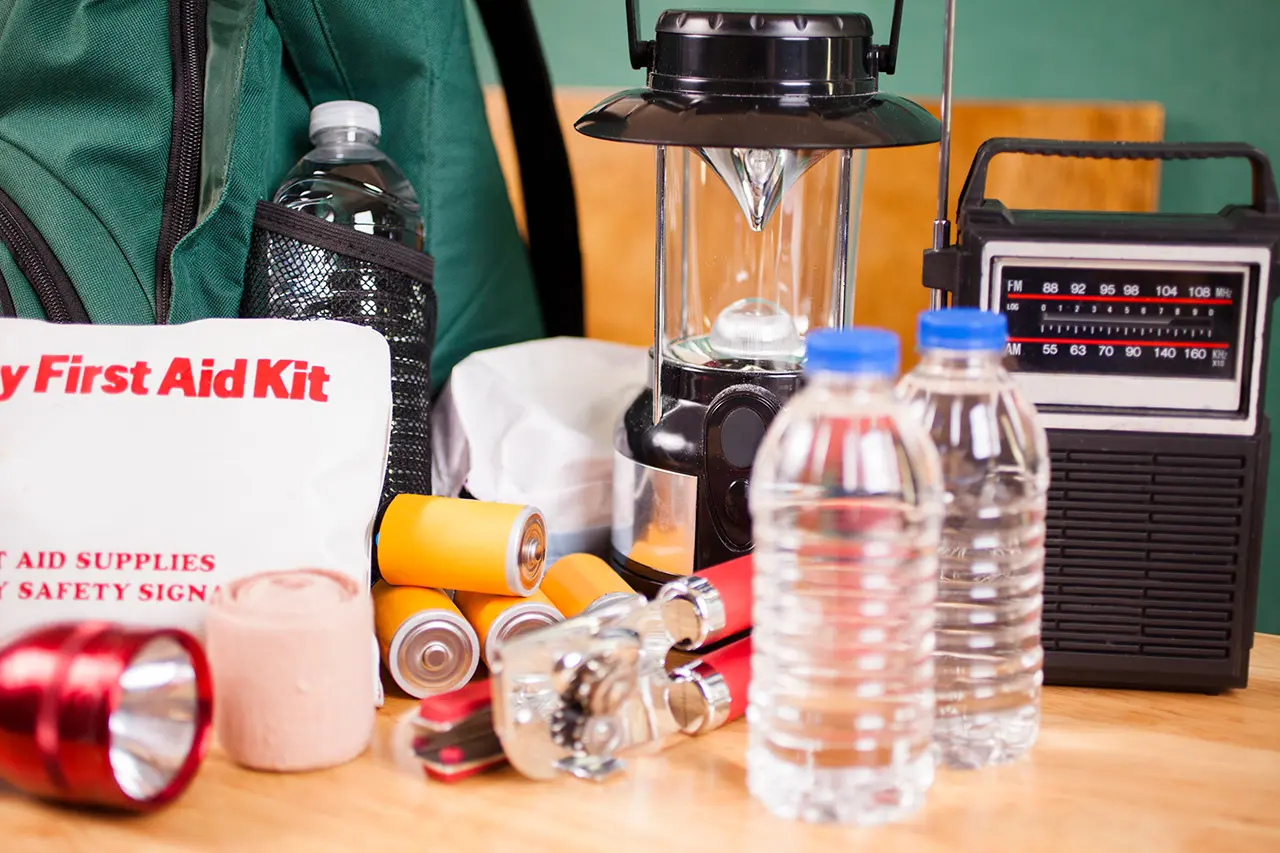
A Costly Apology
It is a uniquely common and oftentimes involuntary response to say “I’m sorry” after a self-defense incident, but you never know how you will respond under the stress, shock, and adrenaline rush following such a life-altering event. Any statement uttered after a critical incident can have serious implications, but saying “I’m sorry” is a serious pitfall that will likely be held against you in a court of law.
In the eyes of law enforcement, bad guys rarely come out and confess. Therefore, in many instances, police and prosecutors rely on what they call “consciousness of guilt” to prove their case. Consciousness of guilt is anything the prosecution can find indicating the defendant knows they did something wrong.
If you say “I’m sorry” to the police or anyone else at the scene, it will come up in court; we see this all the time. The prosecutor will emphatically tell the jury you apologized because you knew you messed up, you knew you were in the wrong, and you knew you were guilty. The truth is, most people mean they are sorry they were put in a position where they had to hurt or kill someone to protect their life or the life of a loved one.
It is an unfortunate reality of the legal process; any time a person is forced to use deadly force, we frequently see prosecutors push hard for a conviction against the defender. This legal nightmare is one of the main reasons you should protect yourself with a U.S. LawShield membership.
Seek Legal Counsel First
The rules are stacked against the person who acted in self-defense. Unless you’ve been advised by an attorney, you shouldn’t give any statement to law enforcement. Most states require that you provide some limited information (e.g., name, date of birth, address), but you shouldn’t talk to anybody about the incident until you have consulted with your attorney.
Limit Conversations
Limiting your conversations about any incident even extends to your family and friends because, in many circumstances, they can be subpoenaed and forced to testify about anything you said to them about an incident. If a judge thinks you divulged anything to someone, they have the power to throw that person in jail if they don’t tell the court what was said.
Get Educated
U.S. LawShield members should constantly review and train in the best practices to follow after any self-defense incident. If you are questioned by law enforcement after a self-defense incident, be respectful but wait for your attorney before you speak to anyone; even if you’re handcuffed, put in a squad car, and taken to the police station before your lawyer arrives.
We have great resources on how to respond after a self-defense incident. Check out our videos on the 5 Steps To Surviving a 911 Call and After the Bang: What To Do When the Police Arrive. If you have any other questions, call U.S. LawShield and ask to speak to your Independent Program Attorney.
The preceding should not be construed as legal advice nor the creation of an attorney-client relationship. This is not an endorsement or solicitation for any service. Your situation may be different, so please contact your attorney regarding your specific circumstances. Because the laws, judges, juries, and prosecutors vary from location to location, similar or even identical facts and circumstances to those described in this presentation may result in significantly different legal outcomes. This presentation is by no means a guarantee or promise of any particular legal outcome, positive, negative, or otherwise.





Basically it’s common sense. Don’t shoot anyone unless you are your family’s life is in danger. Just give very little information, until attorney is contacted.
i am sure glad law shield is available. Every one who legely carries a firearm in this is in my opinion walking barefooted on broken glass without your coverage. I was a cop for 28 years and worked in the criminal justice system a total of 40 years at retirement.
you don’t carry a firearm so you can use it. You carry it so that hopefully you never have to use it. Working around so many criminals all my adult life I know many are cowards when they come up against a firearm but those drugged up are just beyond dangerous so be careful be covered
Being prior law enforcement this is VERY sound advice. Memorize, follow, and understand this advice; “anything you say can and will be used against you”
I will never say I’m sorry for defending myself.
If I actually ever need to defend myself I won’t be the sorry one nor will I apologize…I’ll call my legal defense and let them do the talking
Great information for all who carry
I street. Thanks for confirming!
I stopped carrying because of the RED FLAG SH*T here in Florida and the crazies that hide behind it. As soon as I can I am going back up north to Kentucky and then on to Ohio. Although I don’t carry I am not with out basic protection. I have the card, don’t leave the house without it. I also read, what is a weapon & what is a farming tool? In Alabama? in Tennessee? in Kentucky in Ohio? what else is out there